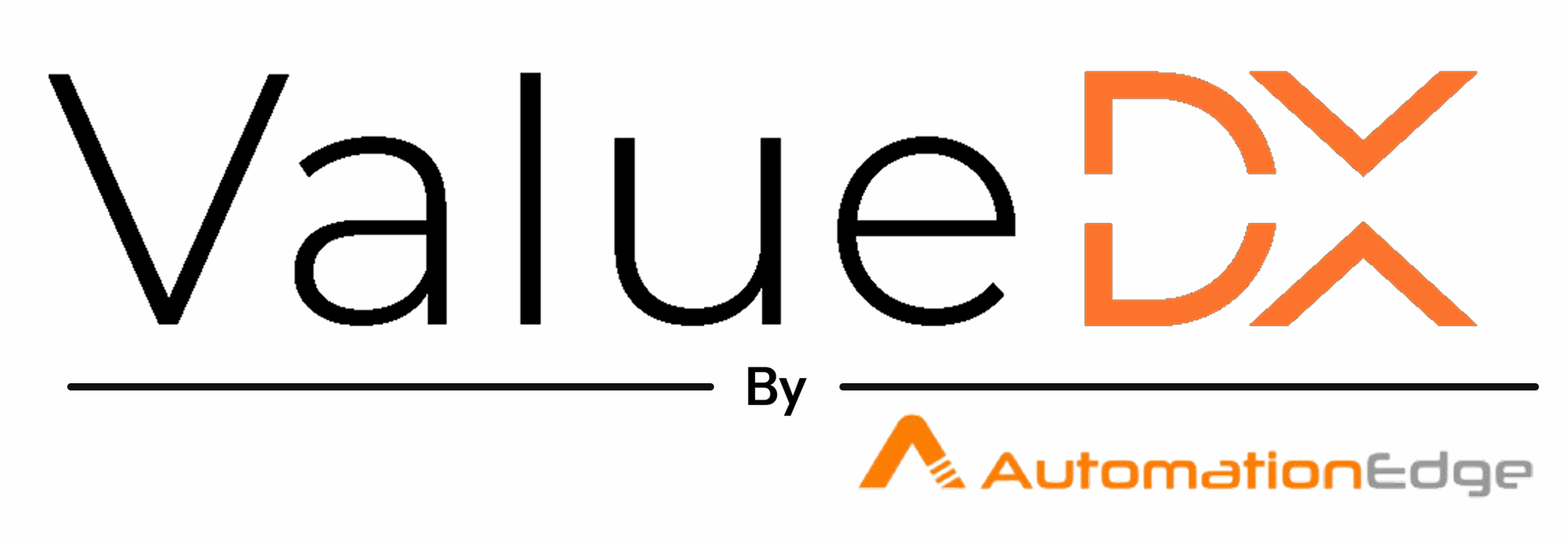
I walked into my doctor’s office last week and noticed something striking. The receptionist was buried in paperwork, frantically switching between three different screens just to verify my insurance. Meanwhile, a line of patients grew longer behind me. Sound familiar? It’s the same story I hear from healthcare professionals everywhere—they’re drowning in administrative tasks when they’d rather be caring for patients.
Here’s the thing: our hospitals are running on outdated operational models. While other industries have embraced automation, healthcare has been hesitant, clinging to manual processes that eat up valuable time. Did you know that clinicians spend nearly two hours on administrative work for every hour of patient care? That’s not just inefficient—it’s heartbreaking. These talented professionals didn’t enter medicine to become data entry clerks.
But what if I told you there’s a better way? We’ve been at the forefront of redefining hospital operations through modern healthcare automation—and honestly, it’s long overdue.
Take patient referrals, for example. Instead of playing phone tag between departments, automated systems now manage the entire coordination process seamlessly. No more lost e-faxes or delayed treatments.
Think about prior authorizations—the bane of every healthcare provider’s existence. AuthorizationDX transforms this nightmare into a streamlined process, cutting approval in minutes. I spoke with a hospital administrator who implemented this, and she told me her staff now spends 70% less time on authorization. That’s time they’ve redirected to actually helping patients.
The real game-changer? Intelligent eligibility verification. Remember my insurance verification story? With automated eligibility checks, that entire process happens instantly across multiple payer portals. No more guessing games, no more claim denials due to coverage issues.
But here’s what really excites me: AI-powered workforce optimization. Healthcare facilities struggle with staffing challenges daily. AI StaffingDX uses predictive analytics to anticipate needs, ensuring the right people are in the right place at the right time. It’s like having a crystal ball for workforce planning.
And let’s not forget the financial side. Revenue cycle management (RCM) has always been complex, but automated EOB processing and Medicare claims handling through RCMDX AI Agent are transforming how hospitals manage their finances. One CFO told me they’ve reduced billing errors by 80% since implementing these systems.
The beauty of all this? Clinicians get AI automation Agents that handle documentation, scheduling, and even answer routine clinical queries. New staff onboarding becomes smoother too, with guided processes that get clinicians up to speed faster than ever.
We’re not talking about replacing human connection in healthcare—quite the opposite. By automating the mundane, we’re freeing healthcare professionals to do what they do best: care for people. The hospitals embracing this transformation aren’t just more efficient; they’re creating better experiences for both patients and providers.
The future of healthcare isn’t just automated—it’s more human because of it. If you’re curious about how your facility could benefit from this transformation, why not explore what’s possible? The Experience centre at HealthcareDX offers real implementation stories that might just inspire your next step forward.
Author: Gajanan Kulkarni

